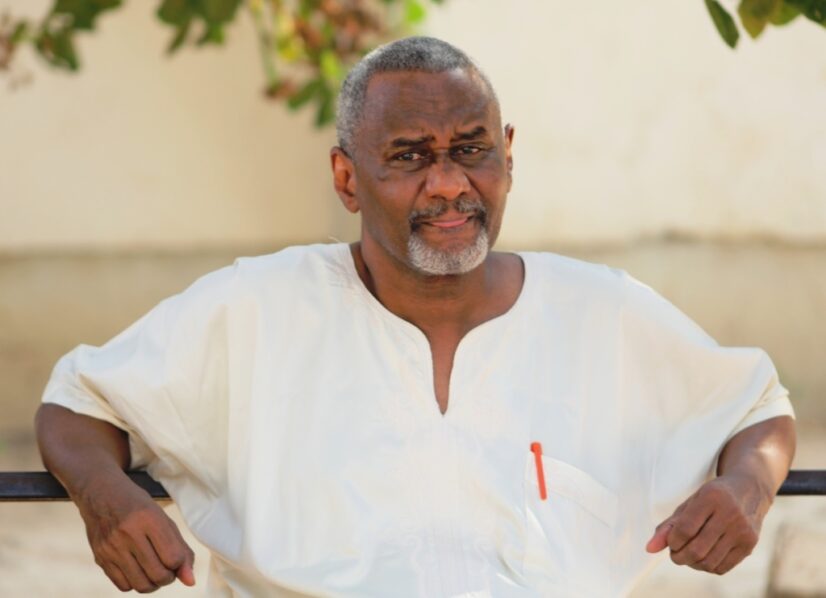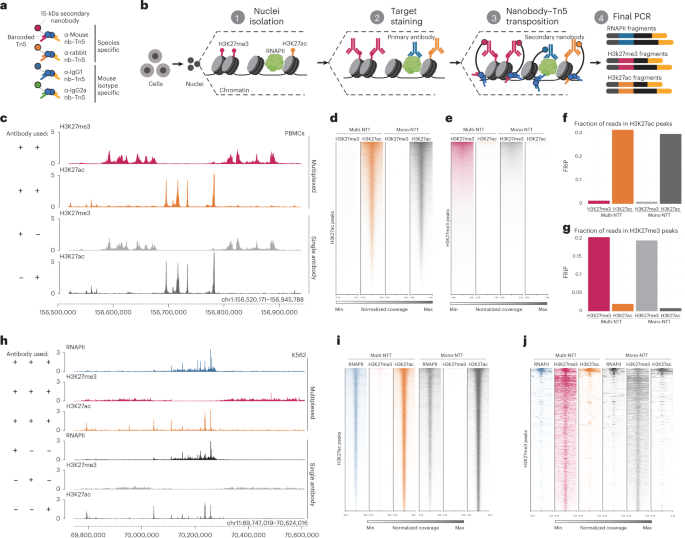
Scientists from Wageningen University and Research (WUR) and Indiana University have discovered that the increasing irrelevance of factual truth in public discourse is part of a groundswell trend that started decades ago.
While the current “post-truth era” has taken many by surprise, the study shows that over the past forty years, public interest has undergone an accelerating shift from the collective to the individual, and from rationality towards emotion.
From ratio to sentiment
Analyzing language from millions of books, the researchers found that words associated with reasoning, such as “determine” and “conclusion,” rose systematically beginning in 1850, while words related to human experience such as “feel” and “believe” declined. This pattern has reversed over the past 40 years, paralleled by a shift from a collectivistic to an individualistic focus as reflected by the ratio of singular to plural pronouns such as “I”/”we.”
“Interpreting this synchronous sea-change in book language remains challenging,” says co-author Johan Bollen of Indiana University. “However, as we show, the nature of this reversal occurs in fiction as well as non-fiction. Moreover, we observe the same pattern of change between sentiment and rationality flag words in New York Times articles, suggesting that it is not an artifact of the book corpora we analyzed.”
Causes
“Inferring the drivers of long-term patterns seen from 1850 until 1980 necessarily remains speculative,” says lead author Marten Scheffer of WUR. “One possibility when it comes to the trends from 1850 to 1980 is that the rapid developments in science and technology and their socio-economic benefits drove a rise in status of the scientific approach, which gradually permeated culture, society, and its institutions ranging from the education to politics. As argued early on by Max Weber, this may have led to a process of ‘disenchantment’ as the role of spiritualism dwindled in modernized, bureaucratic, and secularized societies.”
What precisely caused the observed reversal of the long-term trend around 1980 remains perhaps even more difficult to pinpoint. However, according to the authors there could be a connection to tensions arising from changes in economic policies since the early 1980s, which may have been defended on rational arguments but the benefits of which were not equally distributed.
Social media
The authors did find that the shift from rationality to sentiment in book language accelerated around 2007 with the rise of social media, when across languages the frequency of fact-related words dropped while emotion-laden language surged, a trend paralleled by a shift from collectivistic to individualistic language.
Co-author Ingrid van de Leemput from WUR notes, “Whatever the drivers, our results suggest that the post-truth phenomenon is linked to a historical seesaw in the balance between our two fundamental modes of thinking: Reasoning versus intuition. If true, it may well be impossible to reverse the sea change we signal. Instead, societies may need to find a new balance, explicitly recognizing the importance of intuition and emotion, while at the same time making best use of the much needed power of rationality and science to deal with topics in their full complexity.”
More information: Marten Scheffer et al, The rise and fall of rationality in language, Proceedings of the National Academy of Sciences (2021). DOI: 10.1073/pnas.2107848118
Citation: ‘We conclude’ or ‘I believe?’ Study finds rationality declined decades ago (2022, January 12) retrieved 26 January 2022 from https://phys.org/news/2022-01-rationality-declined-decades.html
This document is subject to copyright. Apart from any fair dealing for the purpose of private study or research, no part may be reproduced without the written permission. The content is provided for information purposes only.
Note: This article have been indexed to our site. We do not claim legitimacy, ownership or copyright of any of the content above. To see the article at original source Click Here













